World’s leader in biotechnology
In October 2016 the leading scientific journal Nature published the most complete and up-to-date map of human genome based on Korean individual ‘AK1’. Korean research team that sequenced the genome and published the study ‘De novo assembly and phasing of a Korean human genome’ was led by Prof. Seo Jeong-sun at Seoul National University, the Chairman of Macrogen.
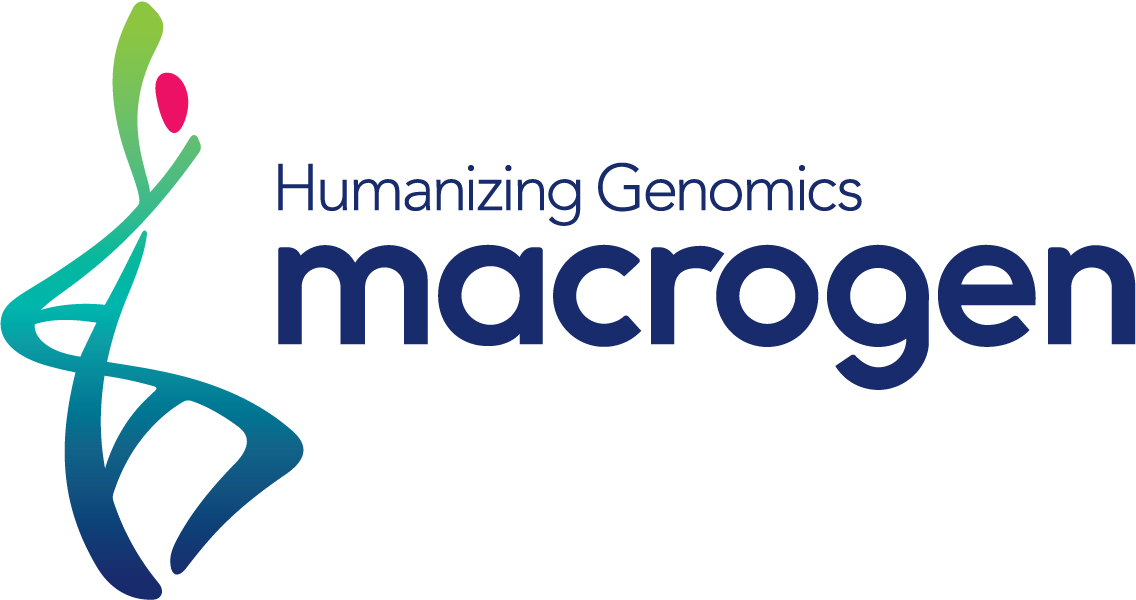
Since 1990 vast work has been done on identifying and mapping the human genome within a framework of Human Genome Project, an attempt to discover the entire human genomic structure. In 2000 the genome of a white individual was mapped and in 2013 human reference genome GRCh38 was mapped. However, Asian and Korean genetic information (DNA) in particular, was underrepresented in Human Genome Project study while most attention was dragged to the Caucasian genome.
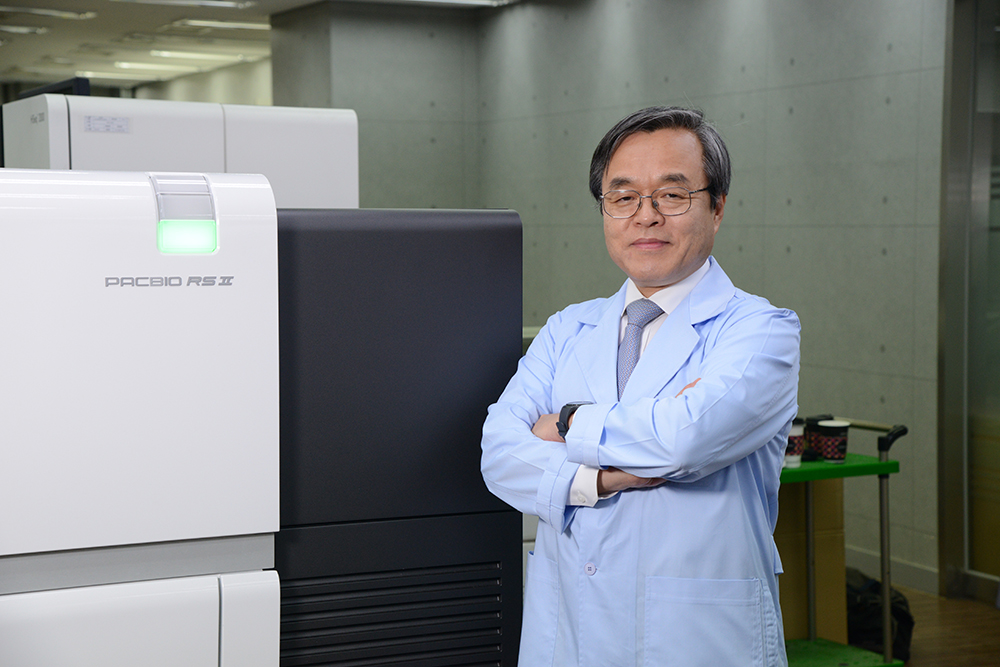
The latest study by the Korean researchers gives a further opportunity to elaborate on an Asian reference genome assembly that can be applied in customized medicine for 4.5 billion Asians. Korean research team used state-of-the-art genomic technology for gene sequencing. The new study found unique genetic information specific to Korean population that can be used by genetic scientist around the world in their studies of an Asian genome in general. The research filled in the gaps of the previous sequence and spotted about 18,000 genetic variations between the GRCh38 human reference genome and the newly mapped AK1 Korean genome.
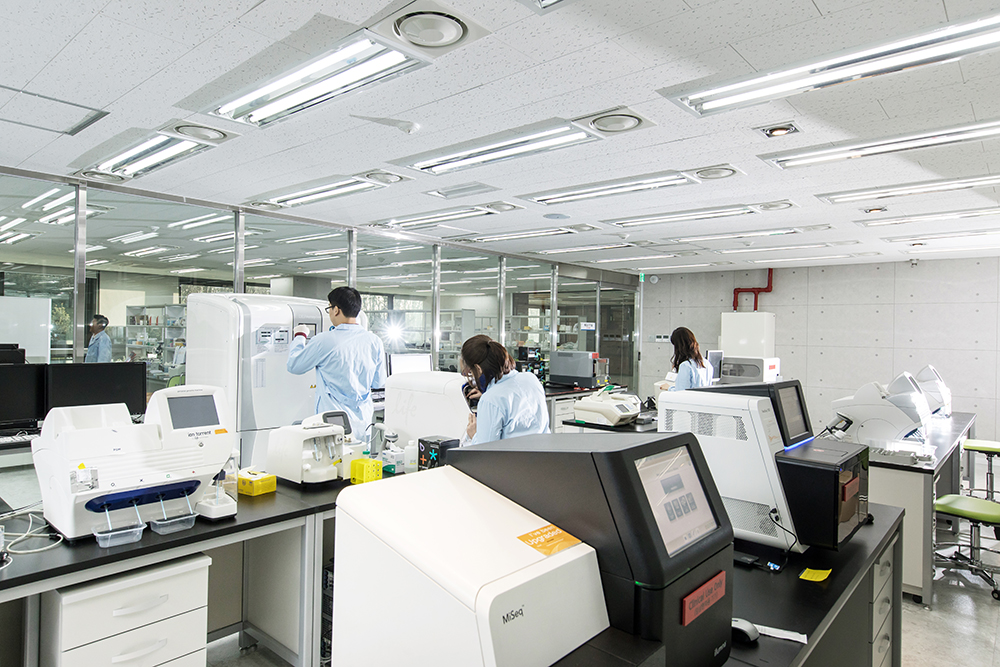
Revelaled genetic differences should be considered when developing new drugs, studying diseases, organ transpantation, diagnostics etc. These accomplishments contribute to a new paradigm, regenerative and information medicine basing on human genome information and bioinformatics that can be specified to characteristics intrinsic to the particular ethnicity and furthermore tailored to the genetic characteristic of each individual. Listed in the 'World Class 300', Macrogen is world's leading genetic service provider with global locations including Korea, USA, Japan, China and Netherlands. It was established in 1997 on the basis of the Genomic Medicine Institute of Seoul National University.
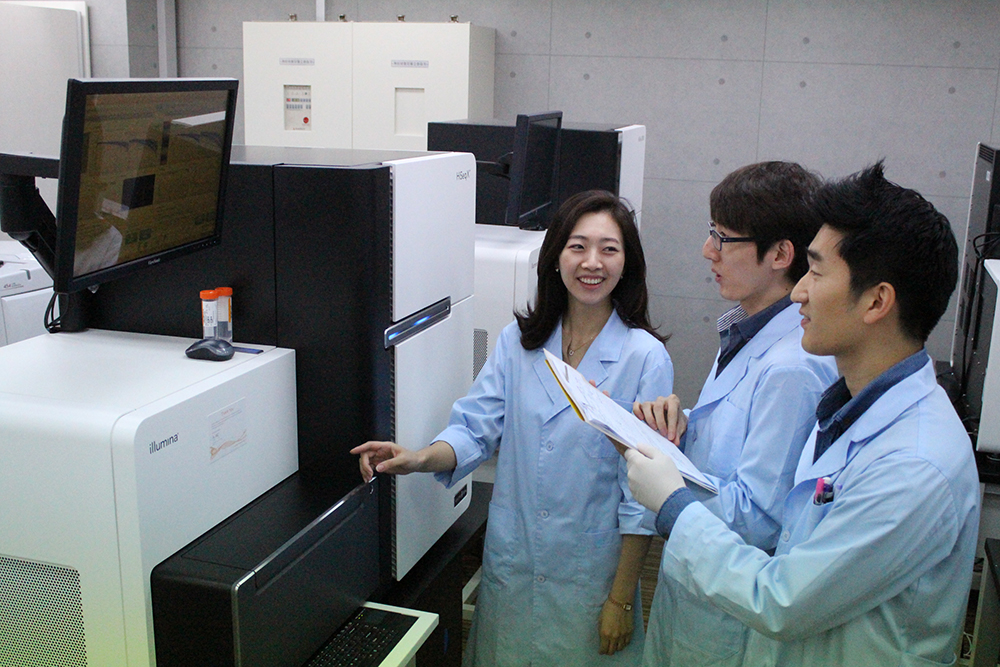
Macrogen has developed and commercialized basic tools for genome medicine - from genetic information analysis to functional genomics - by using bioinformatics infrastructure. The company provides services to 18,000 researchers in 153 countries. Starting with 12-13 researchers on board in early 1997 and sales of 800,000 USD now the company's staff numbers 400 people while the sales reached the mark of 113 billion USD. When the Human Genome Project was launched, processing the data of one individual costed 2.5 billion dollars. But in 2004 with the introduction of the personal genome project and technology modernization and optimization, sequencing the 1000 dollar genome became reality.
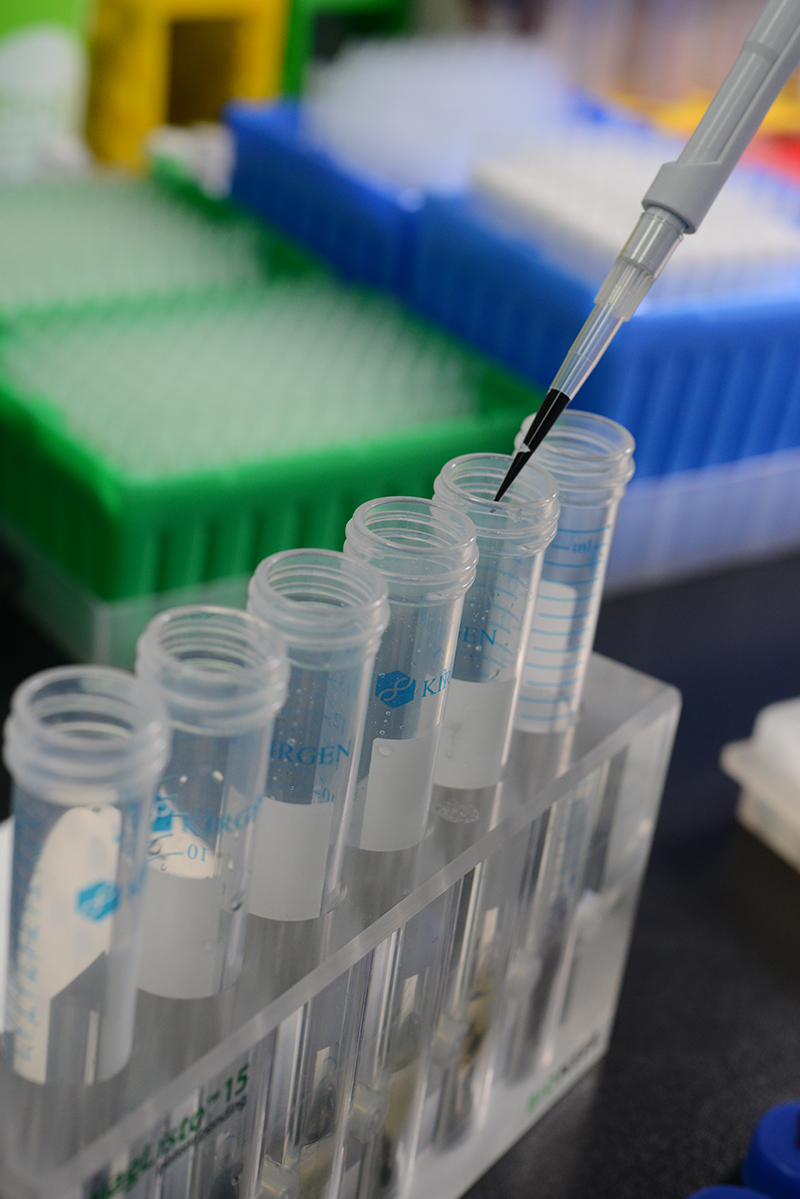
Macrogen is one of the three research centers to purchase this sequencing system – Illumina's HiSeq X Ten Sequencer. Other two institutions are Garvan Institute of Medical Research in Sydney, Australia and The Broad Institute in Cambridge, Massachusetts, United States. In 2017 Illumina introduced the NovaSeq Technology that allows to simultaneously process data from three individuals. Currently having three cutting edge NovaSeq machines and twenty HiSeq X machines, highly qualified operating staff, genetic and medical experts, Macrogen became a world's leader in providing genetic services.
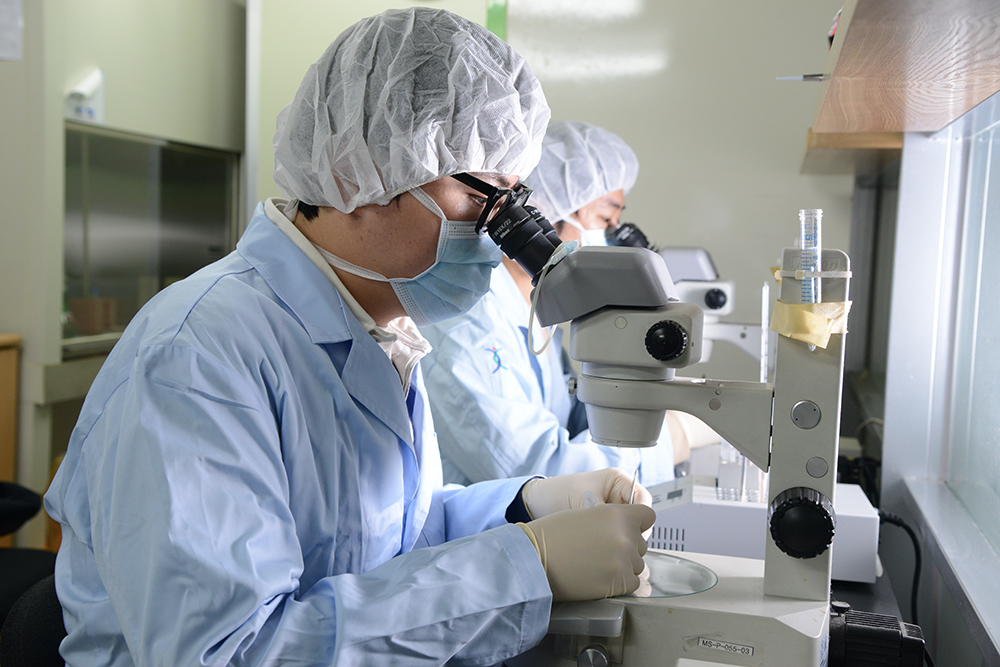
Last year's publication on most complete Korean genome to date opened a new frontier for the company. Korean Genome Project took 22 months and costed 3.1 billion Korean Won. Prof. Seo who is now also a President of the Korea Biotechnology Industry Organization stated that Microgen is aiming to become a 'Big Data Company'. In the era of the Fourth Industrial Revolution, collecting, clouding and processing information becomes a vital competitive advantage. Macrogen on its part targets at obtaining and processing an Asian database for further reserach and development.
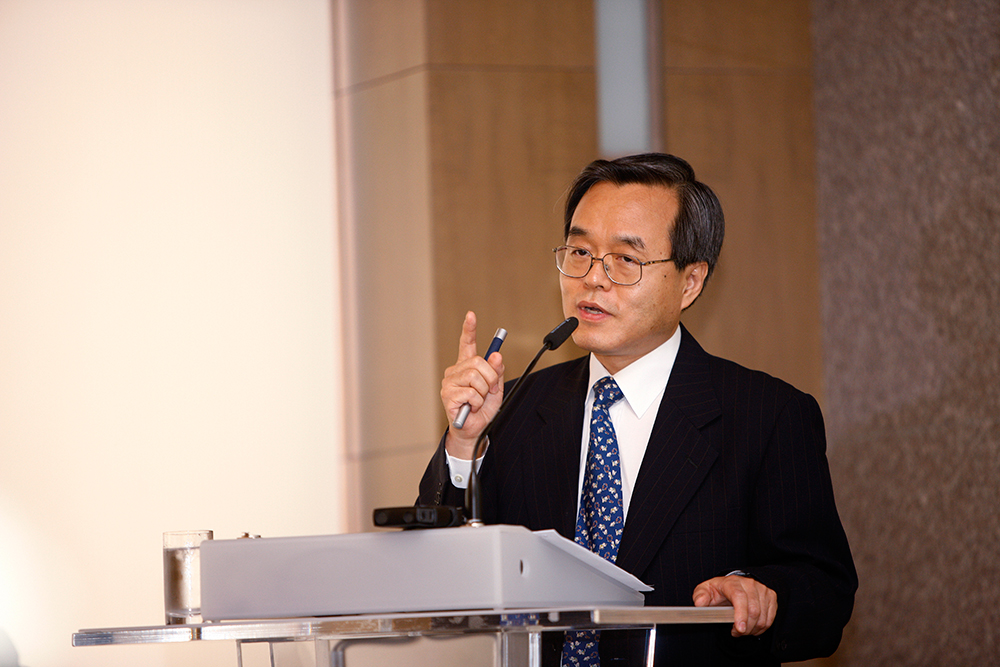
As part of this initiative the company started a major 4.5 billion dollar Genome Asia Project in collaboration with Seoul National Univerity and Singapore Nanyang Technological University. GenomeAsia 100K is a joint non-profit project that will collect and sequense genomic information from 100,000 Asian individuals from 19 Asian countries. This project will help to create an Asian reference genome that can be used in development of new drugs, researching diseases and in precision medicine. Macrogen’s Chairman, Prof. Seo predicts that with the development of the biotechnology industry with the aging population that wants to live long, disease-free lives, by 2025 insurance companies will go bankrupt.
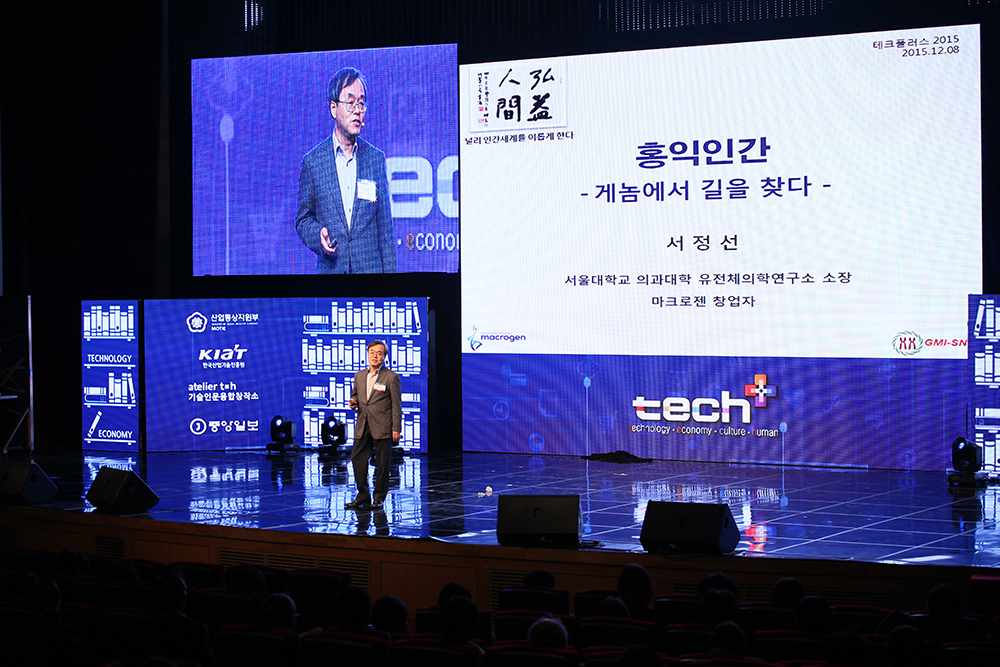
So the solution to this problem would be to predict the diseases beforehand with the help of genetic information. As the bio-market expands in the future, Korea will be able play an important role if the Fifth Industrial Revolution occurs. There are few substantial advantages. Firstly, Korean medical technology is at the same level as the US at a lot lower cost. Secondly, Korea built an optimal IT infrastructure for genetic information database. Thirdly, Korea is an optimal place to collect Asian genetic information. One more thing to note is that in Korea, unlike the US, it is possible to get some leverage in the government in altering the medical system to some extent. Nowadays Korean government is trying to promote the prediction of diseases based on genetic characteristics of Koreans and development of optimal treatment methods by securing a total of 100,000 genome resources of Koreans until 2021.
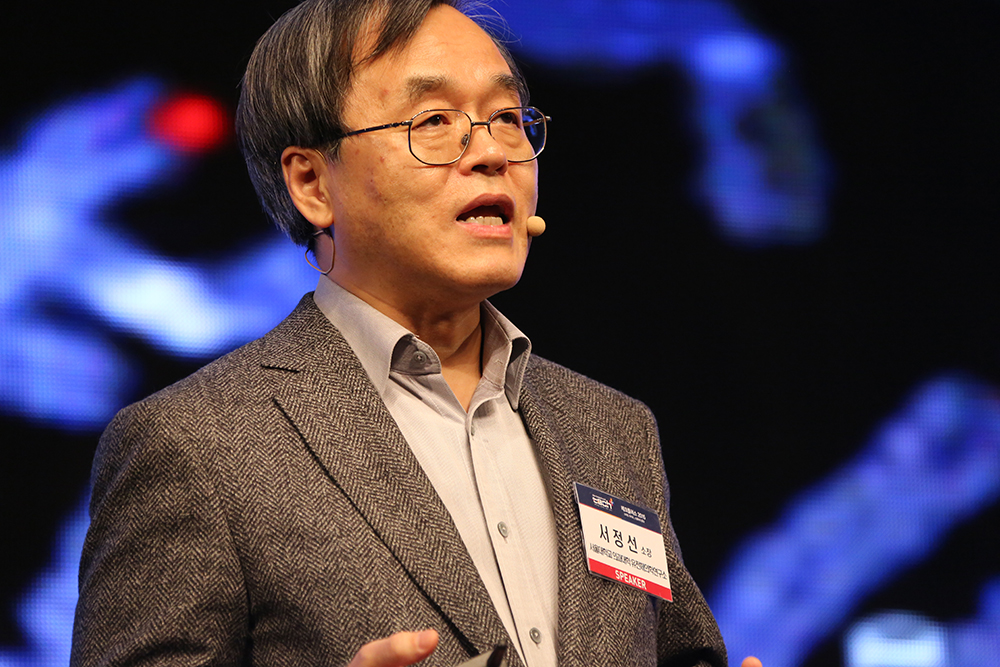
As Prof. Seo states, Macrogen’s goal is to optimize the process of genomic sequencing as well as reduce its cost. The industry has to adjust to the current needs of the bio-market. In the slow economic growth period producers and providers need to reduce costs while adhering to high quality standards, unlike the rapid-growth period when customers would tend to buy high quality products despite high prices. With the Fourth Industrial Revolution, the time of the IT, the cost of the PC dropped to 1000 dollars. It is hard to believe, but these days Macrogen is able to sequence a human genome at this price, proving that there are no limits to science, technology and professional zeal.
Prof. Seo Jeong-sun compares Macrogen to Cinderella's story and says that his company started with a wish and continues with a goodwill.
*For a Korean-language version, please visit:
http://www.koreapost.co.kr/news/articleView.html?idxno=23920

